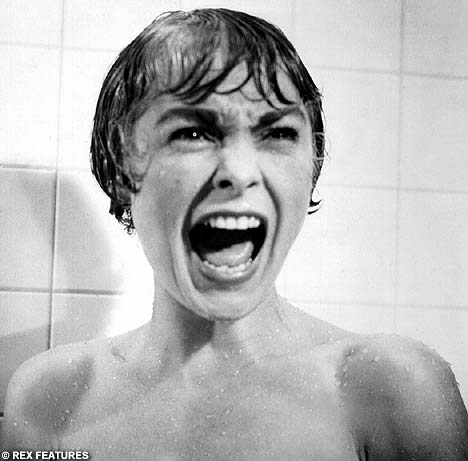Sinclair Dotson
English 100
Dr. Molly McCaffrey
2 November 2009
[Lower the Legal Drinking Age]
As it stands, the legal drinking age in the U.S. is twenty-one; however, we all know that underage drinking is a relatively common occurrence. The country’s written laws may say one thing, but teens and young adults are definitely writing their own rules. The drinking age is getting younger and younger; nowadays kids are drinking as young as in middle school are sneaking visits to there parent’s liquor cabinets. Kids in high school and college are pushing the physical limits of alcohol intake like never before. This is dangerous behavior that is going to happen regardless, but what’s more frightening? These situations happening or these situations happening and when drinking related emergencies arise these teens and young adults being less inclined to call for help. Underage adults are less likely to call for help because of fear or retribution. The U.S. government should lower the drinking age, because it will benefit everyone in many different ways.
You and a group of friends go to a party, and you are all under the legal drinking age. You’ve been drinking and one of your friends, also drinking, turns pale and begins to vomit. You think this is common for someone who is drunk, and help her to the bathroom. Her breathing then becomes irregular and she is unresponsive. You are afraid she may have alcohol poisoning, but what can you do? You and your friend are both underage and have been drinking, do you call 9-1-1 for help? You will have to tell them that you were drinking. You decide to keep yourself and your friend out of trouble by not involving the police; she should be fine if you give her some water and bread. Your friend finally passes out, but never wakes up. Emergencies like this happen, and when underage young adults have been drinking they are less likely to reach out for help for fear of getting into trouble. If the drinking age was lowered young adults would be less hesitant to call for help when alcohol related emergencies arise.
Drinking is often thought of as a “forbidden fruit”, therefore underage drinking may seem like the “cool” thing to do for young adults, and since it is forbidden it is out of control. If the legal drinking age was lowered young adults would be expected to drink more responsibly. Barrett Seaman, the author of “Binge: What Your College Student Won’t Tell You”, says “If you lower that drinking age— make drinking no longer a forbidden fruit but rather something that young adults do with older adults who have learned how to handle alcohol responsibly— then you reduce those behaviors than increase them…”(Johnson). If the legal drinking age is lowered young adults are less likely to binge drink and more likely to drink less and responsibly. Rarely in countries where the legal drinking age is lower will you see belligerent drunk young adults in public settings. If one is allowed to do something and isn’t conditioned to think it’s something you shouldn’t do, one is less likely to feel the urge to attempt it.
The law recognizes a person of eighteen years to be a legal adult. An eighteen year old adult can buy tobacco legally, he or she can legally attain an unrestricted driver’s license, and he or she can be charged as an adult in a court of law. If eighteen years of age constitutes a legal adult, then why can a legal adult not be allowed to buy alcohol? This is a very simple and logical reason that the legal drinking age should be lowered. There is no reason why a legal adult should be restricted from purchasing and drinking alcohol is they are considered an adult in the eyes of the government.
Lowering the drinking age should not only be done for logical reasons, but it will also benefit us by decreasing the fatalities due to alcohol related emergencies not being responded to, as well as educating young adults on how to drink responsibly. The United States government should follow other countries in lowering the legal drinking age.
i had a question about my works cited. my quote was from a person that was being interviewed by a reporter who reported the story online. do i cite the person who said it or the article from msnbc.com or do i cite both and how would i cite both?
Tuesday, November 10, 2009
Subscribe to:
Post Comments (Atom)




No comments:
Post a Comment